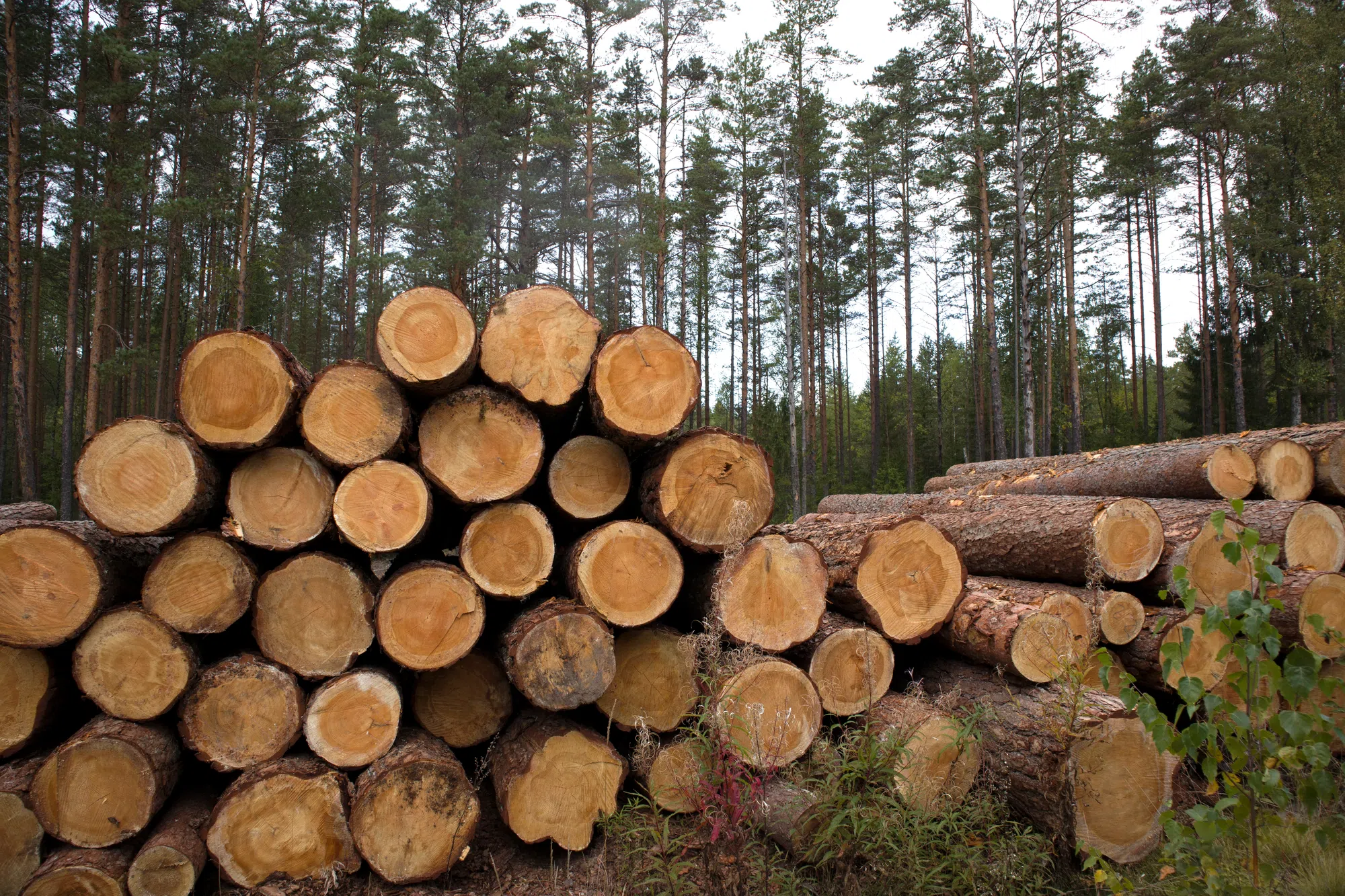British Columbia’s forestry sector is facing unprecedented challenges, exacerbated by a 34.45% tariff on softwood lumber exports imposed by the Trump administration. This tariff has made B.C. lumber more expensive for U.S. buyers, pushing the province to become the highest cost timber producer in North America. As a result, major companies like Canfor and West Fraser have scaled back their operations, leading to mill closures and the loss of hundreds of jobs across the province.
Forest Minister Ravi Parmar warned that the forestry industry in B.C. is at a crossroads. Without a rethinking of the sector, the province risks seeing its timber industry transition into irrelevance. Communities that rely on forestry for their livelihoods are likely to suffer the most from these shifts.
The World Court has ruled that U.S. claims of Canadian subsidies in the timber industry are unjustified, but many believe the tariff is rooted in personal animosity from President Trump toward Canada. To address these issues, B.C. is reviewing the operations of B.C. Timber Sales, which currently manages 20% of the province’s public timber supply. The review aims to find solutions that ensure the long-term sustainability and competitiveness of the forestry sector in the face of reduced harvest levels, environmental obligations, and changing global markets.










Comments